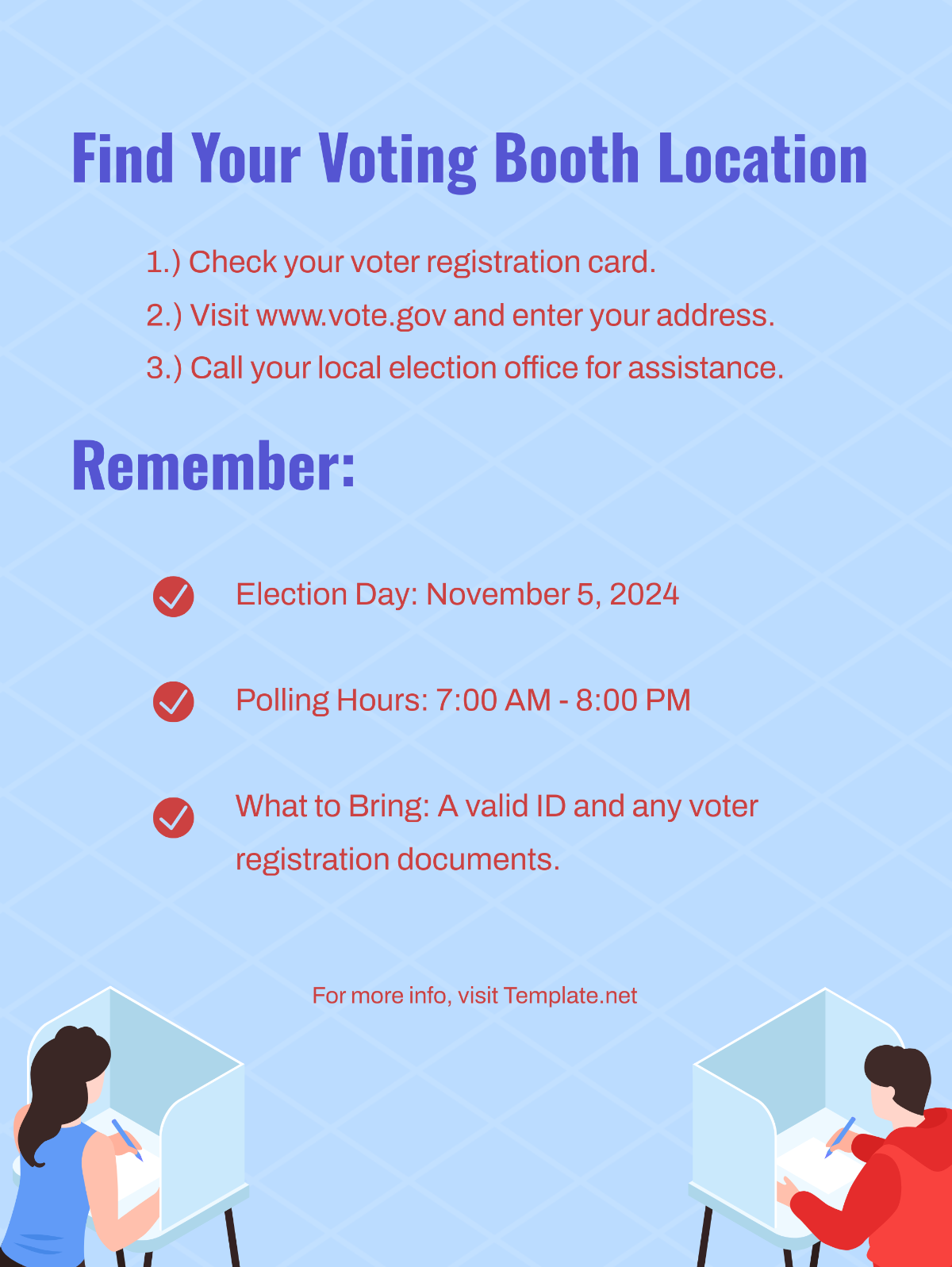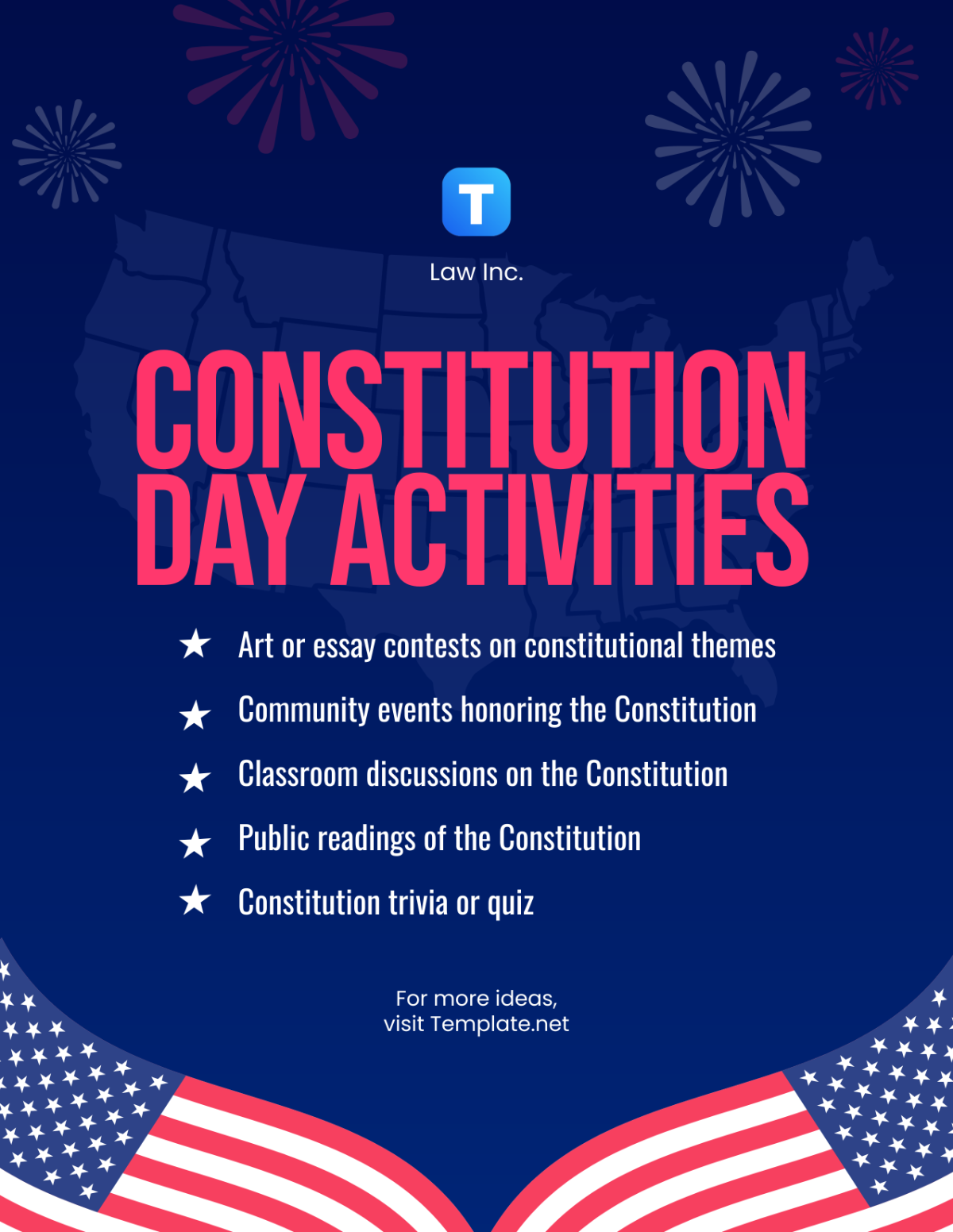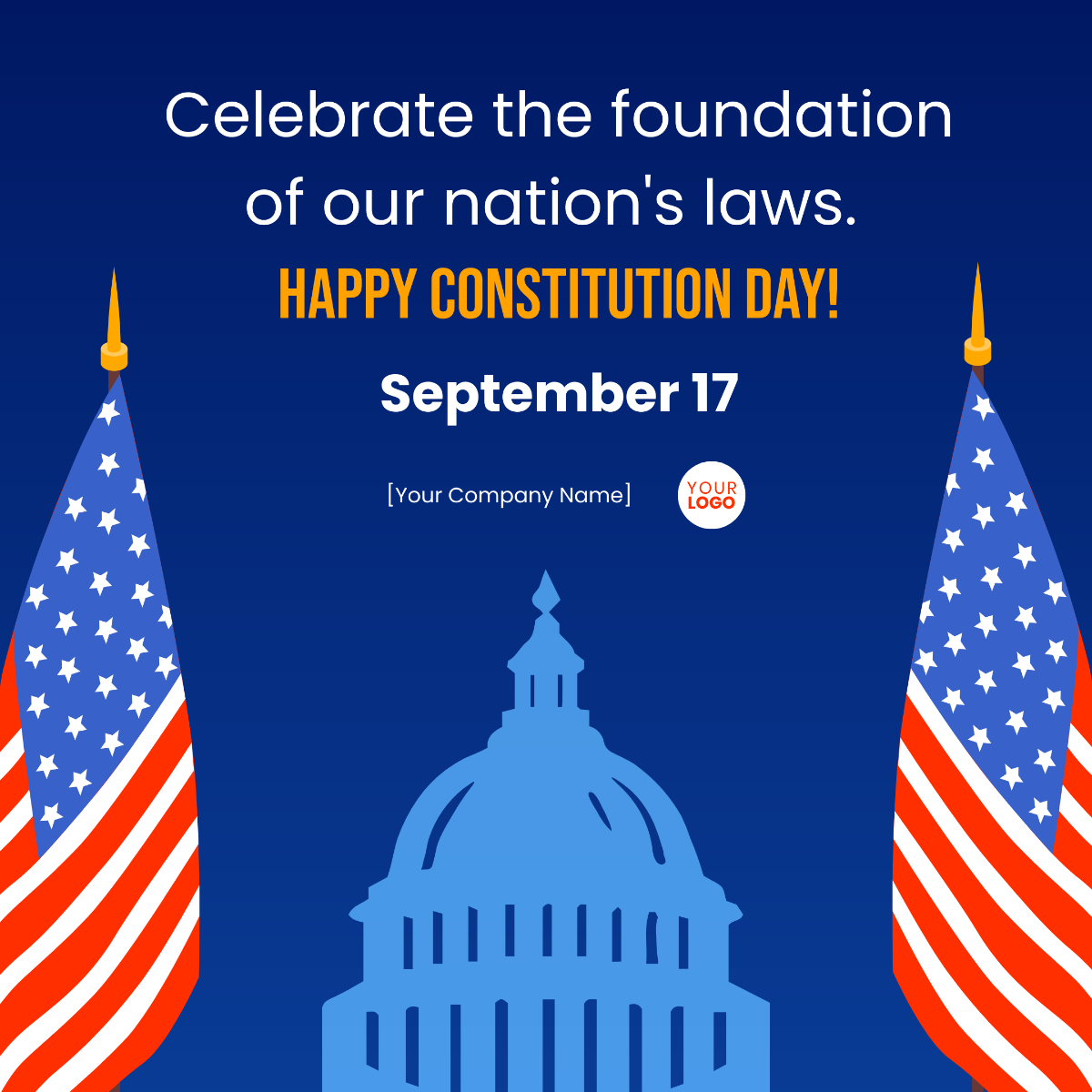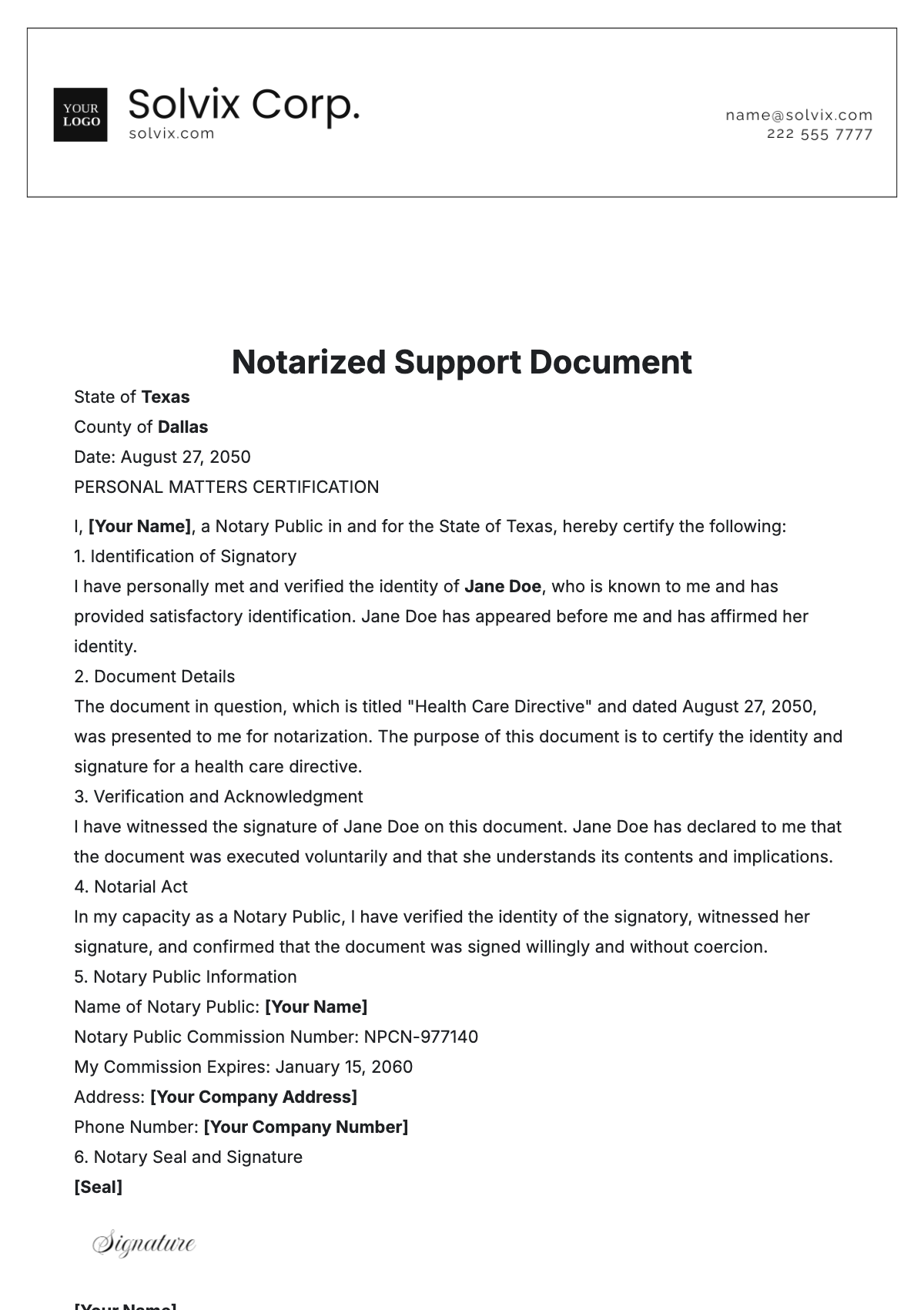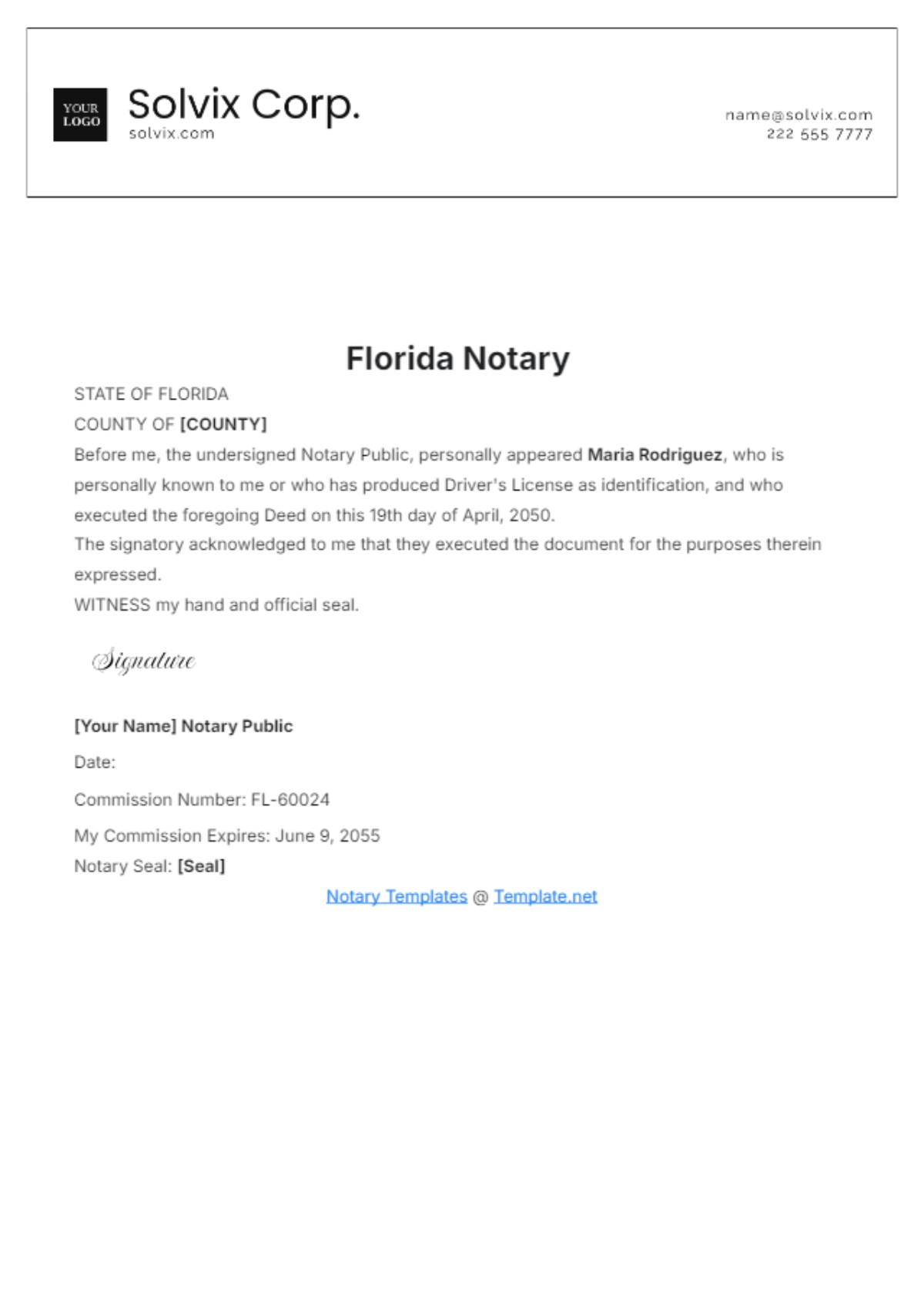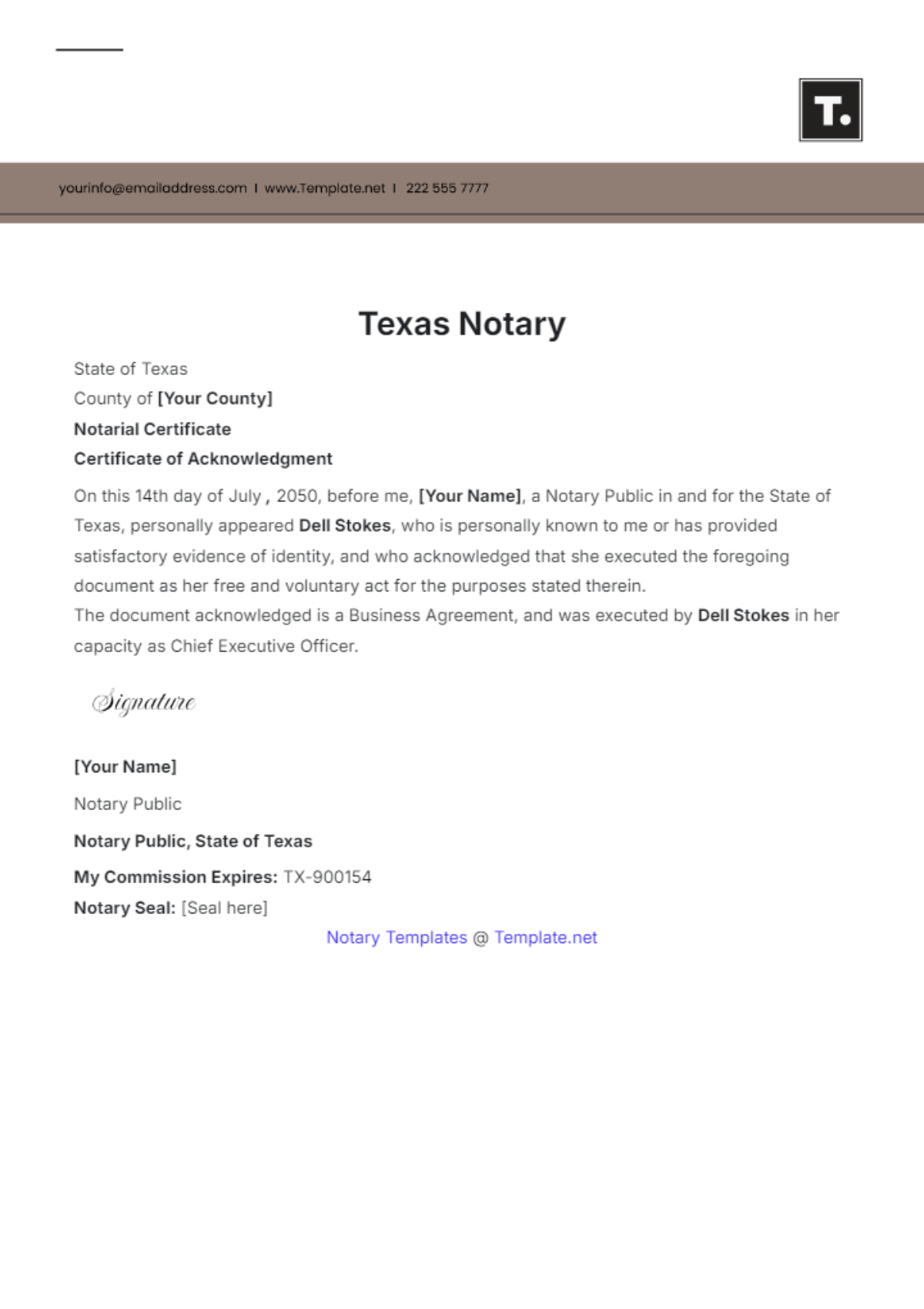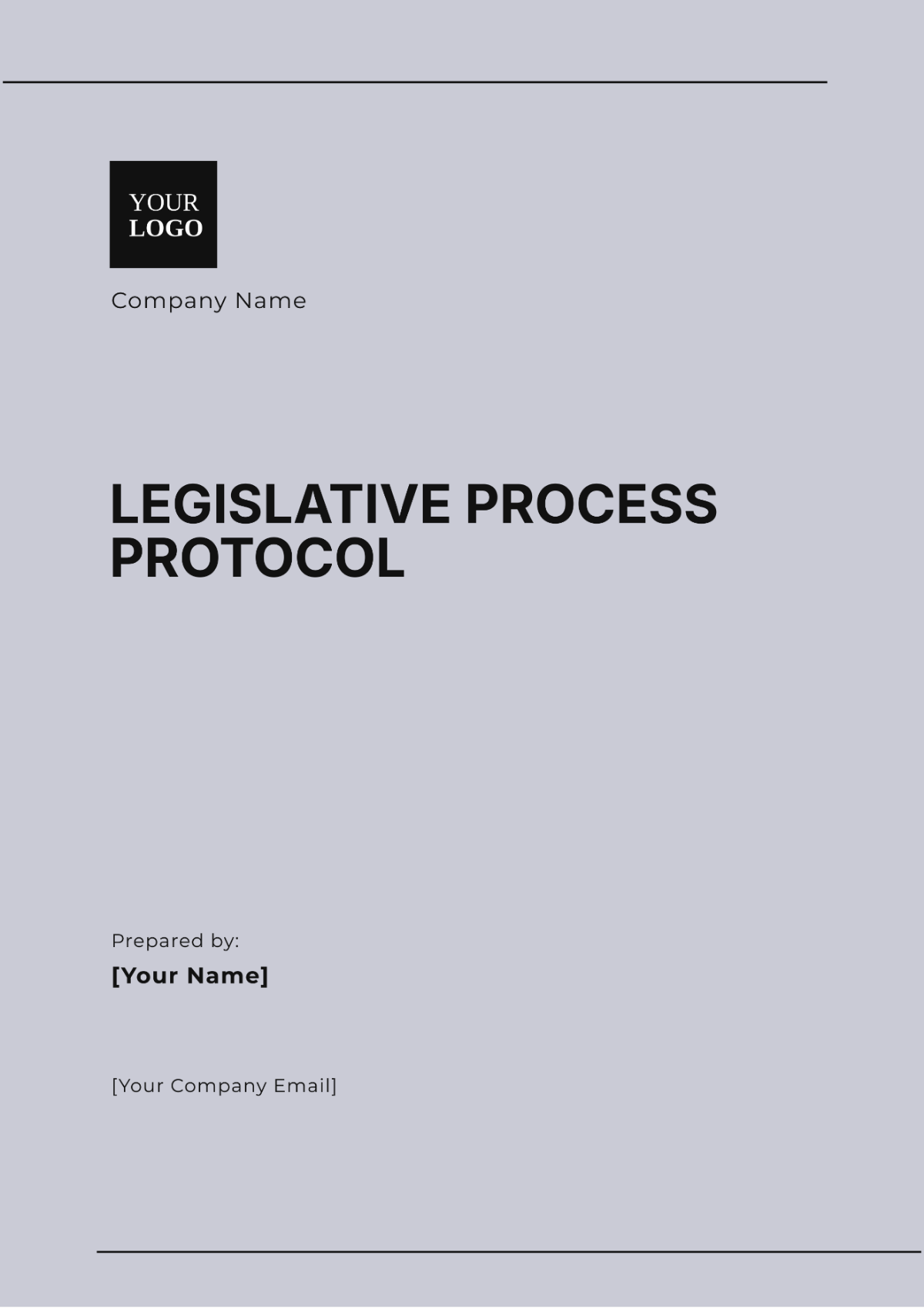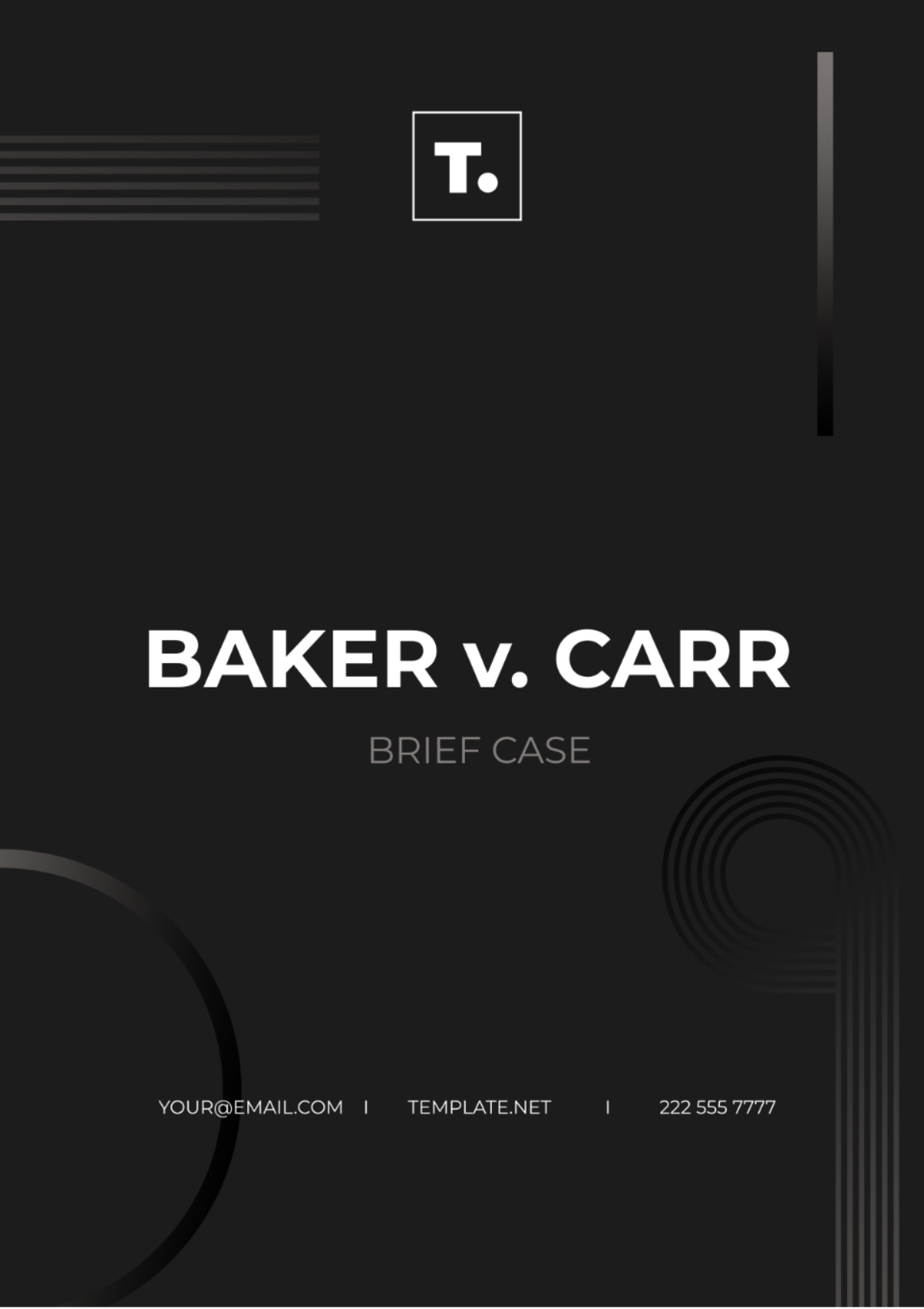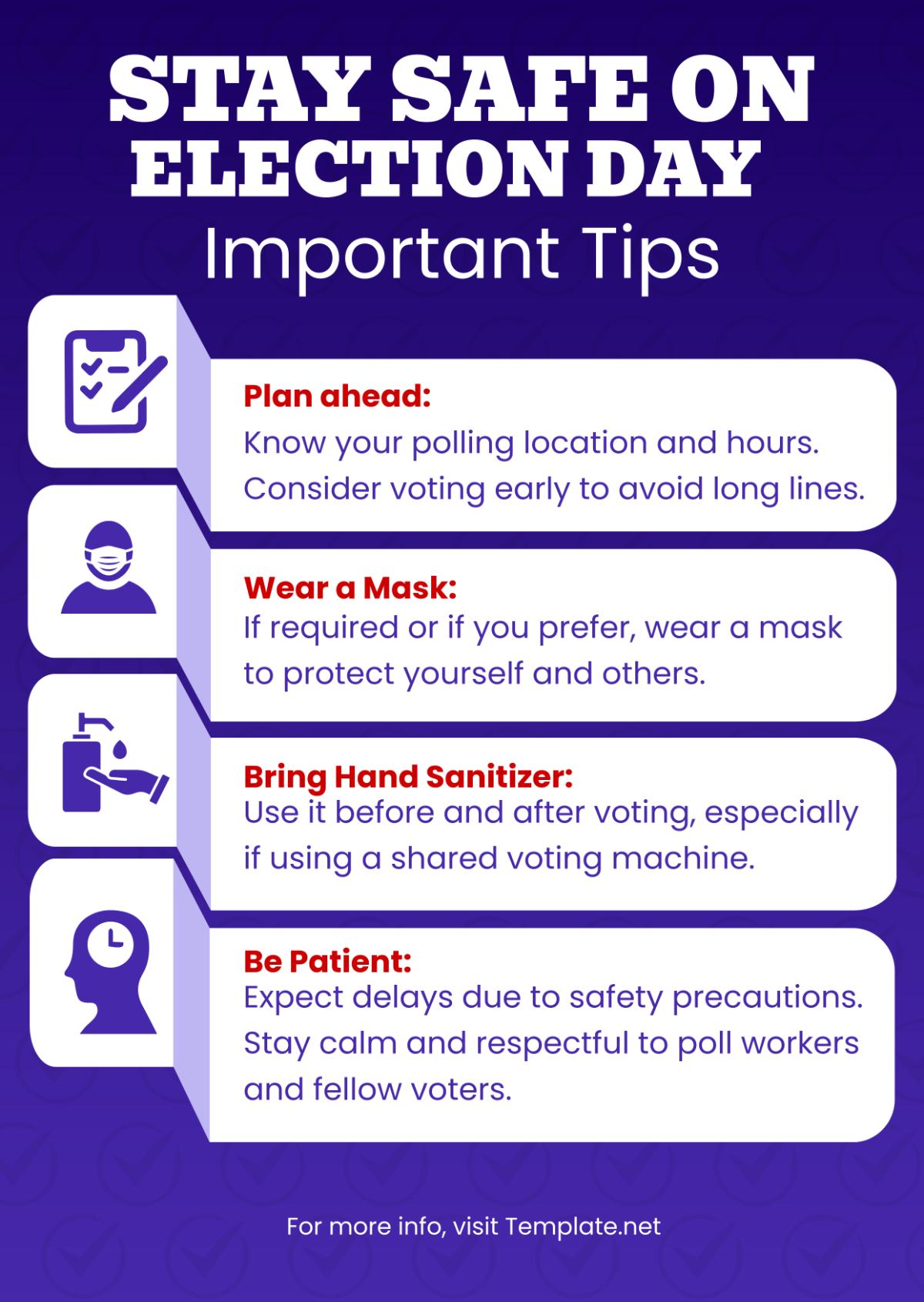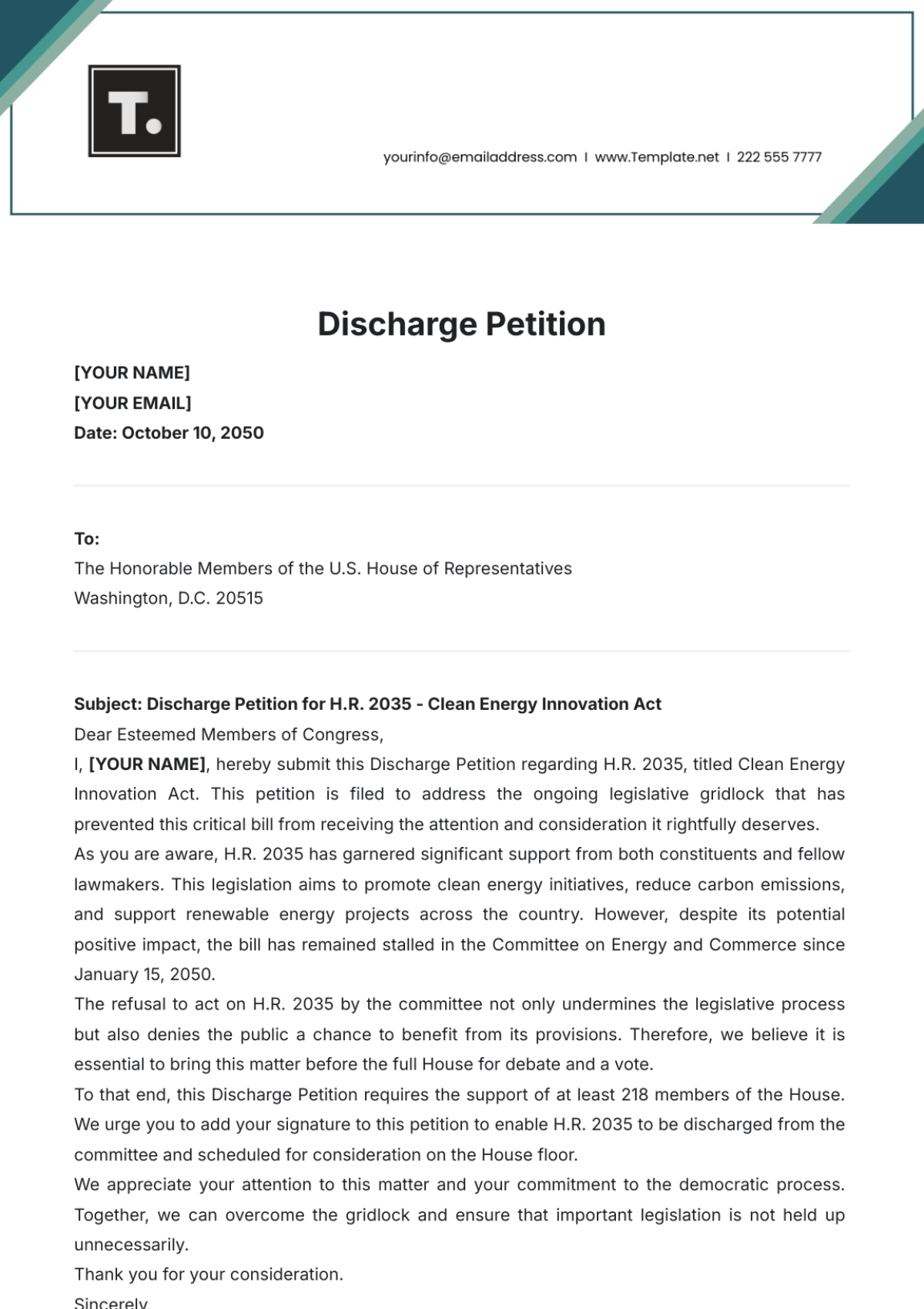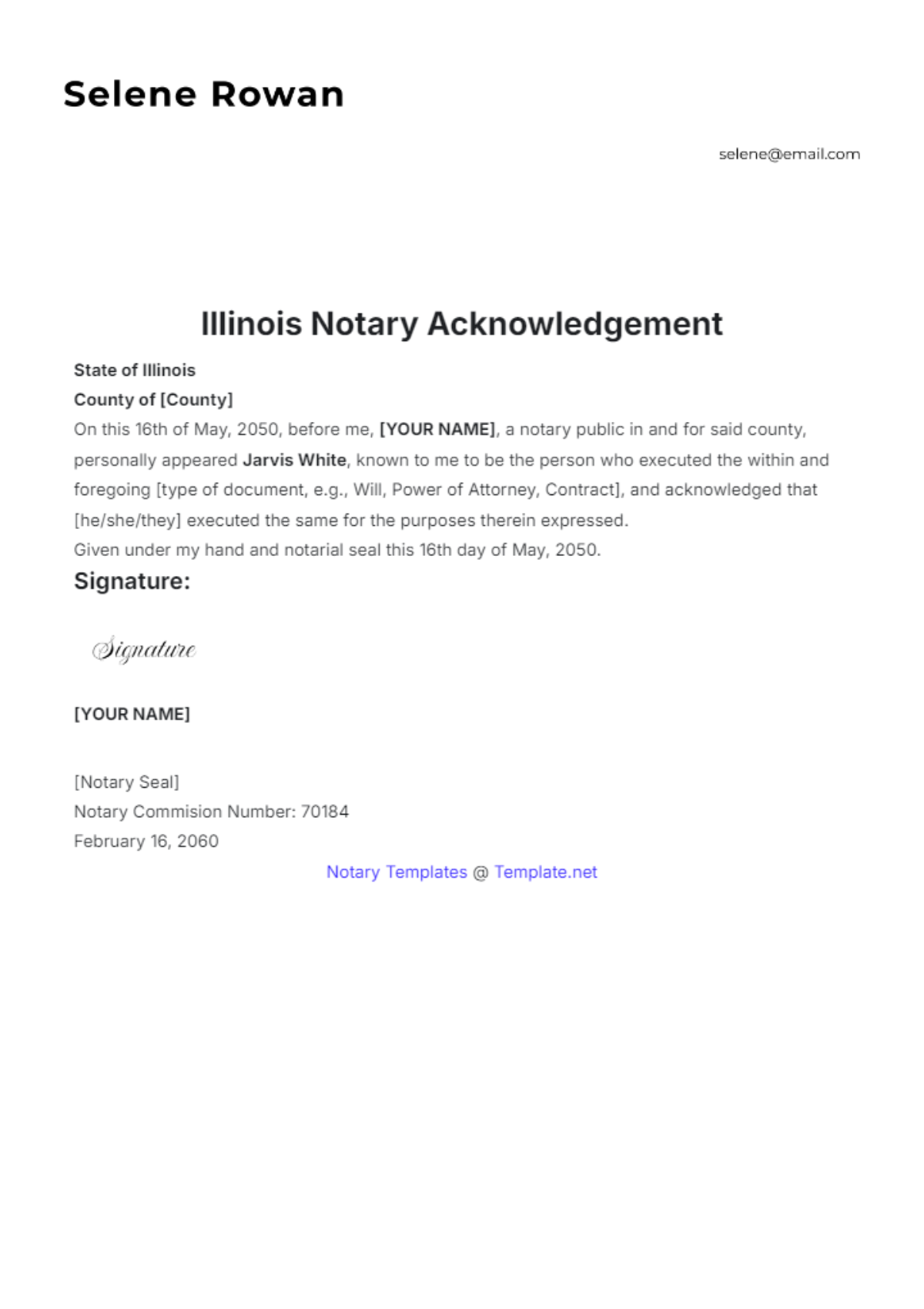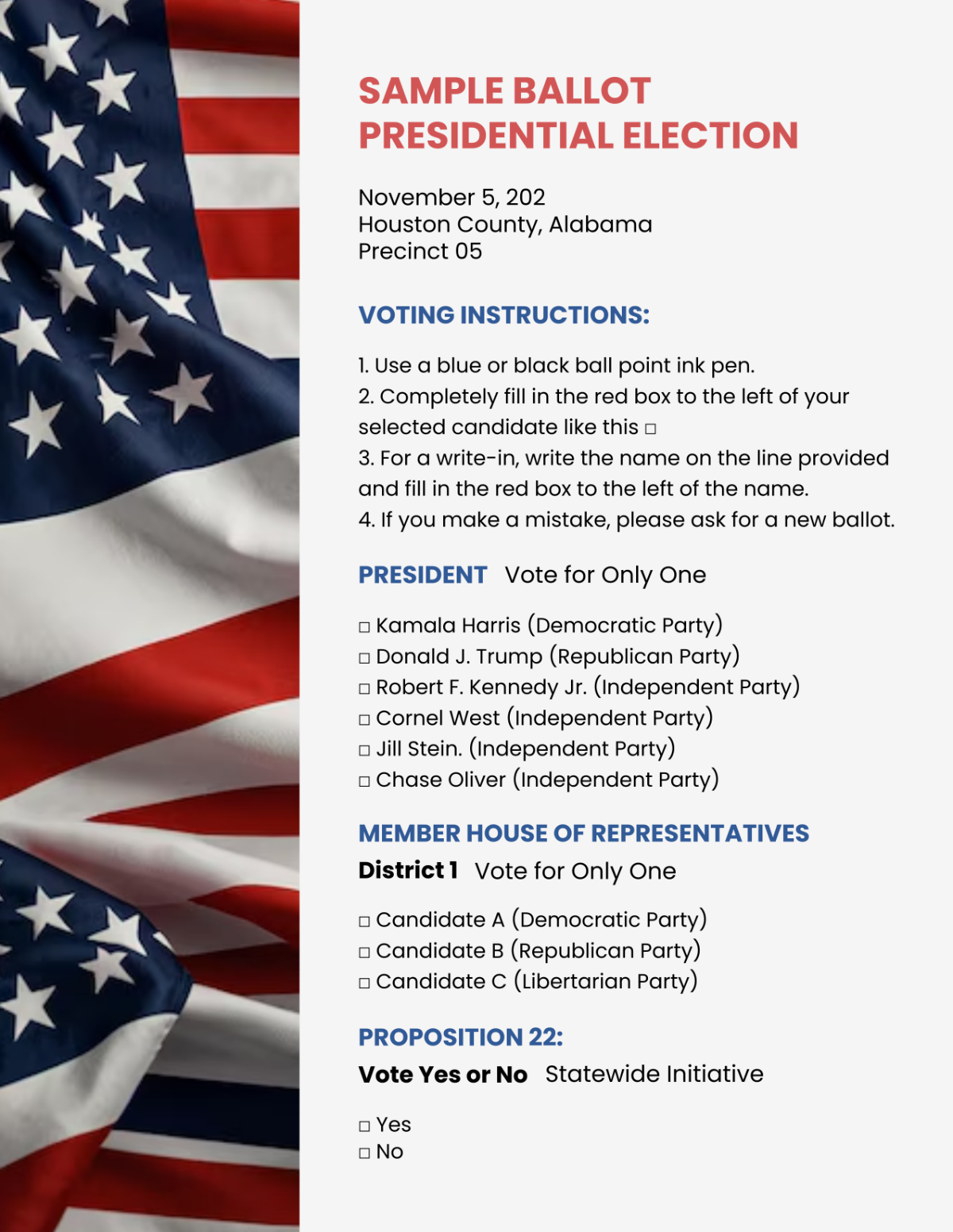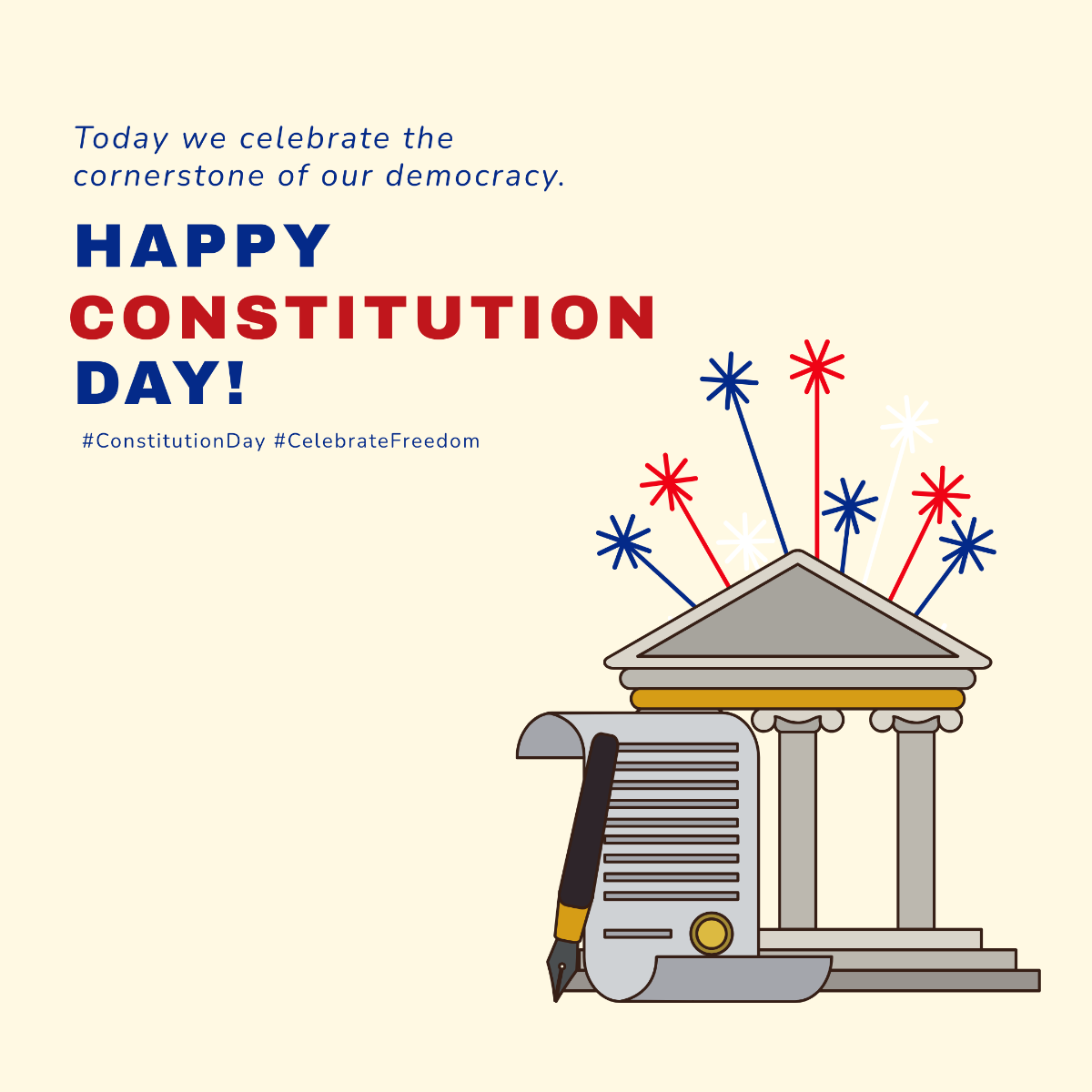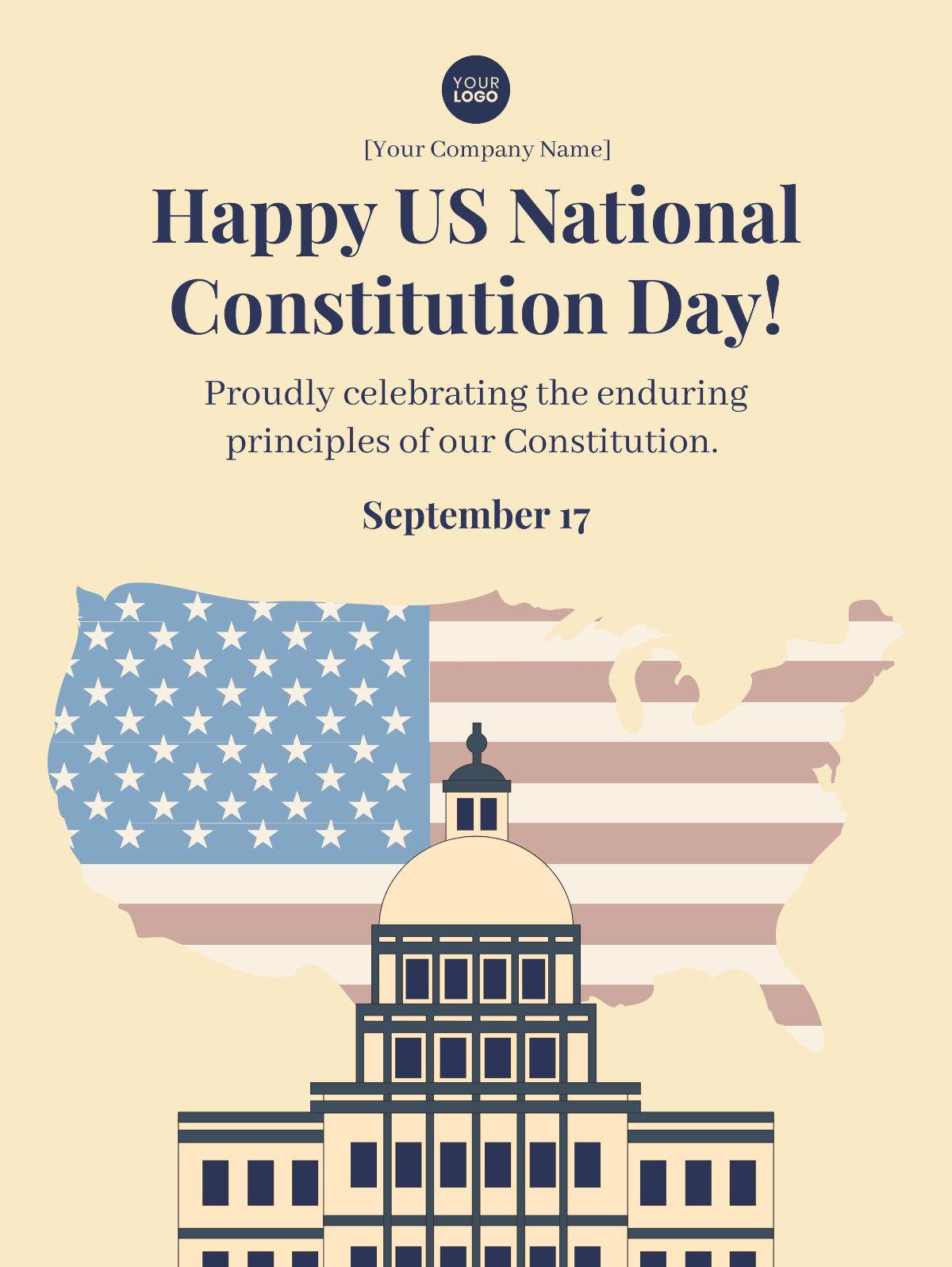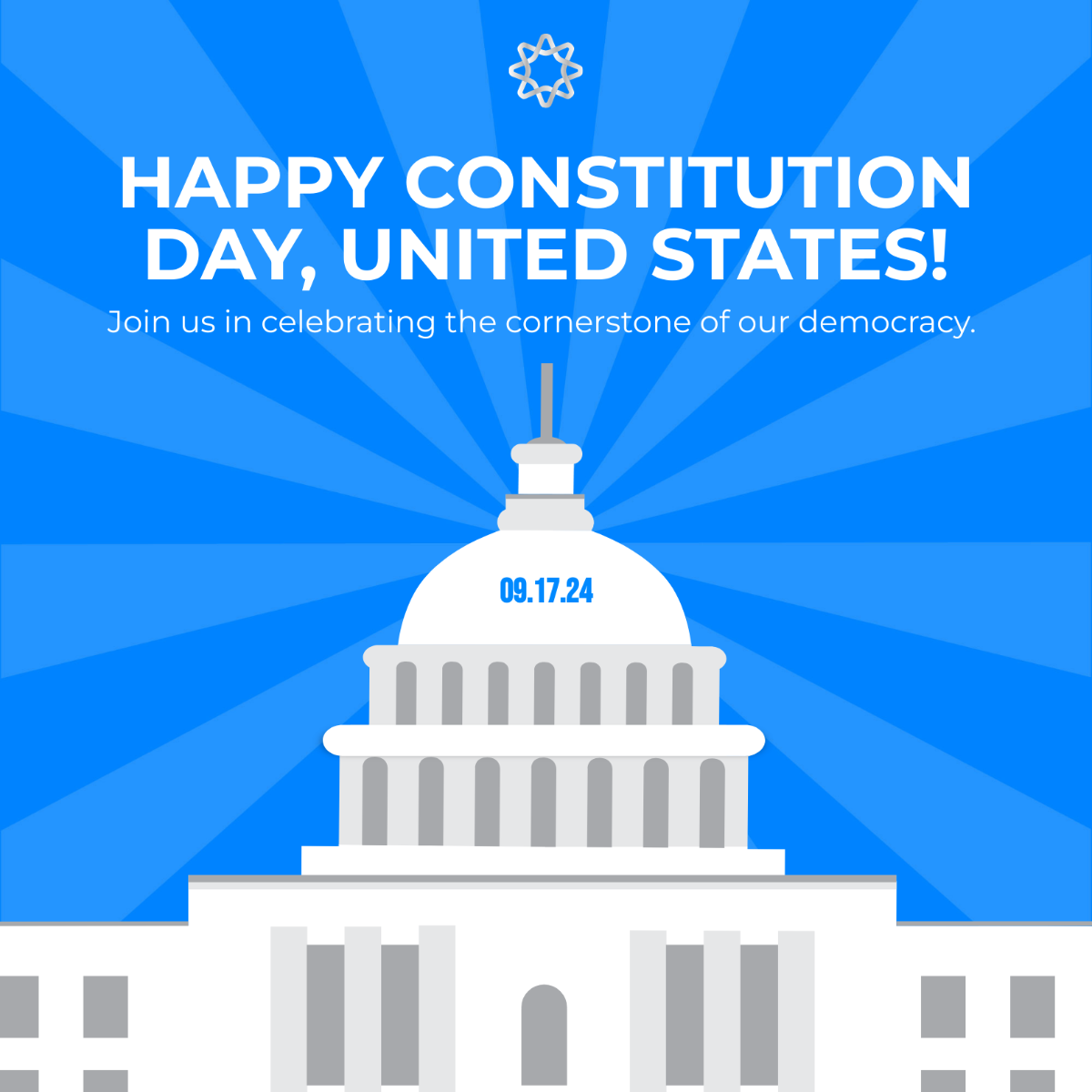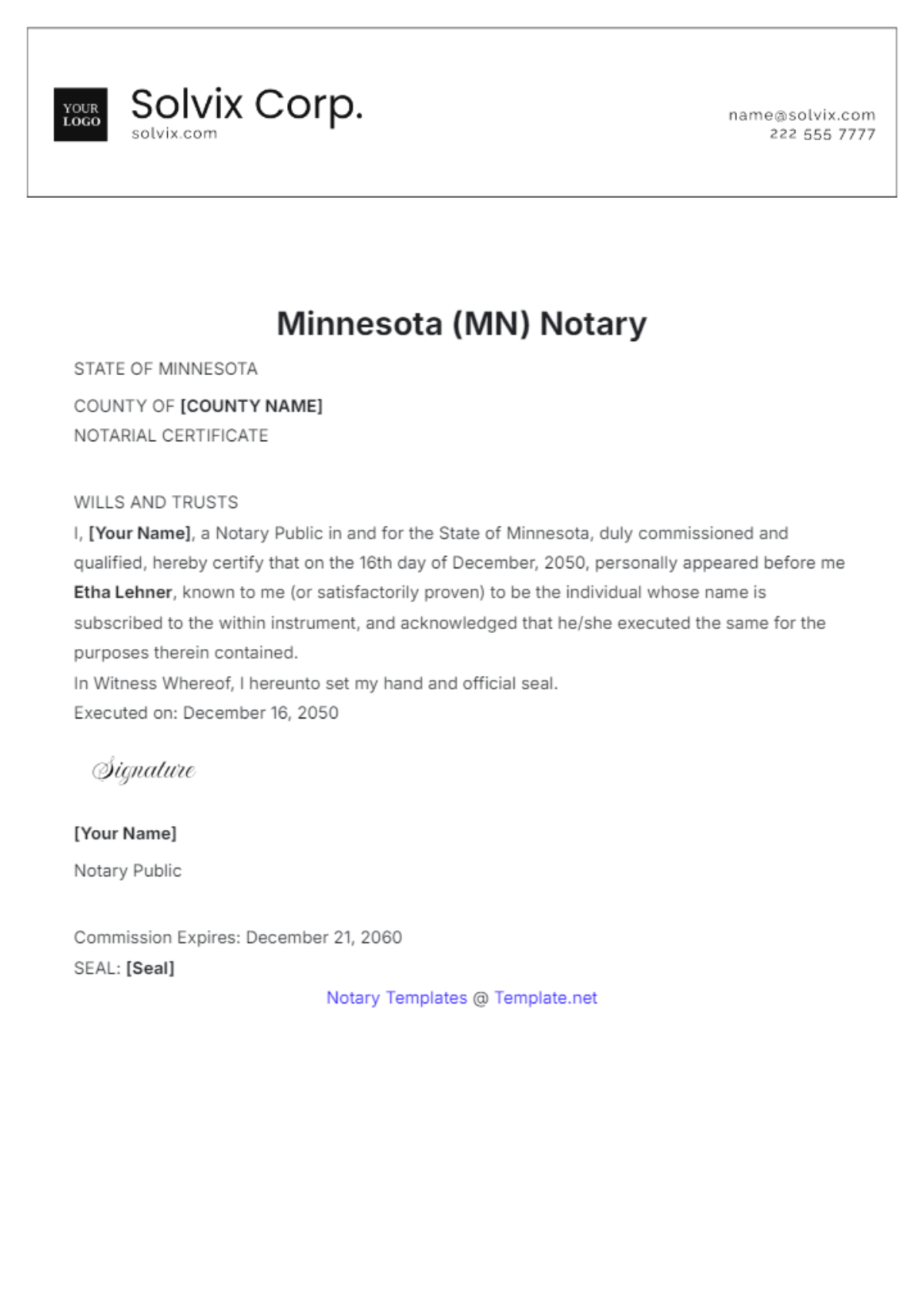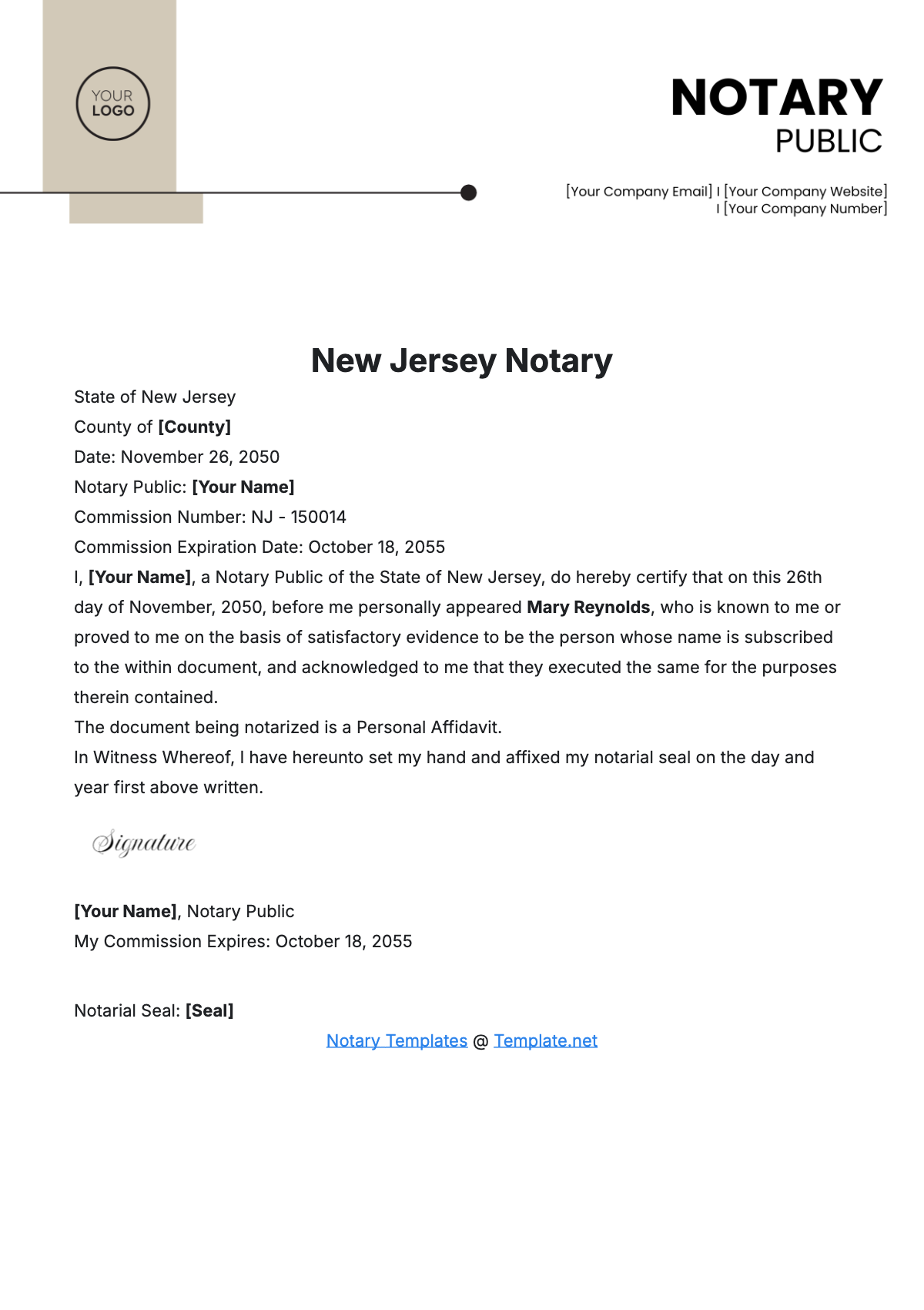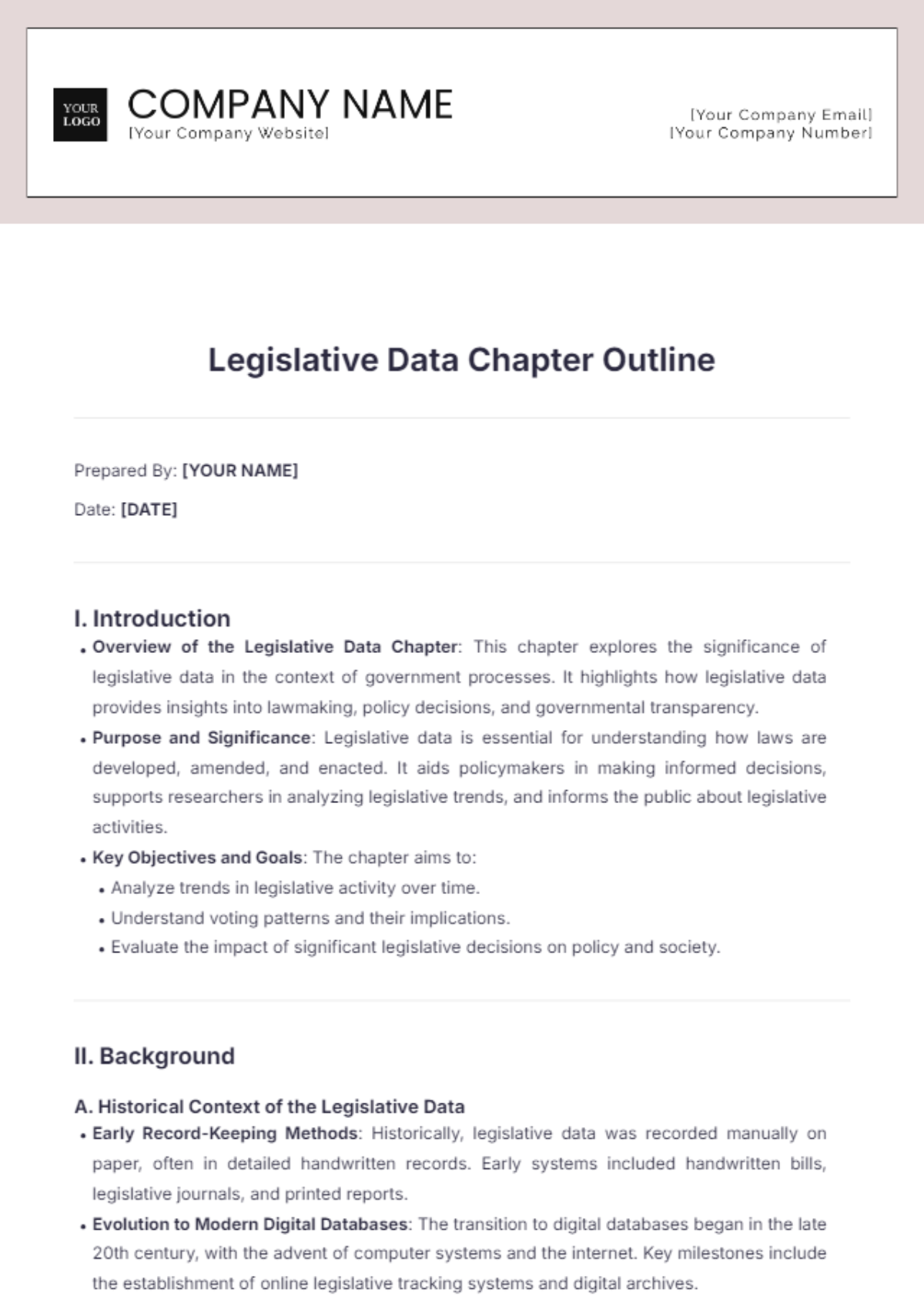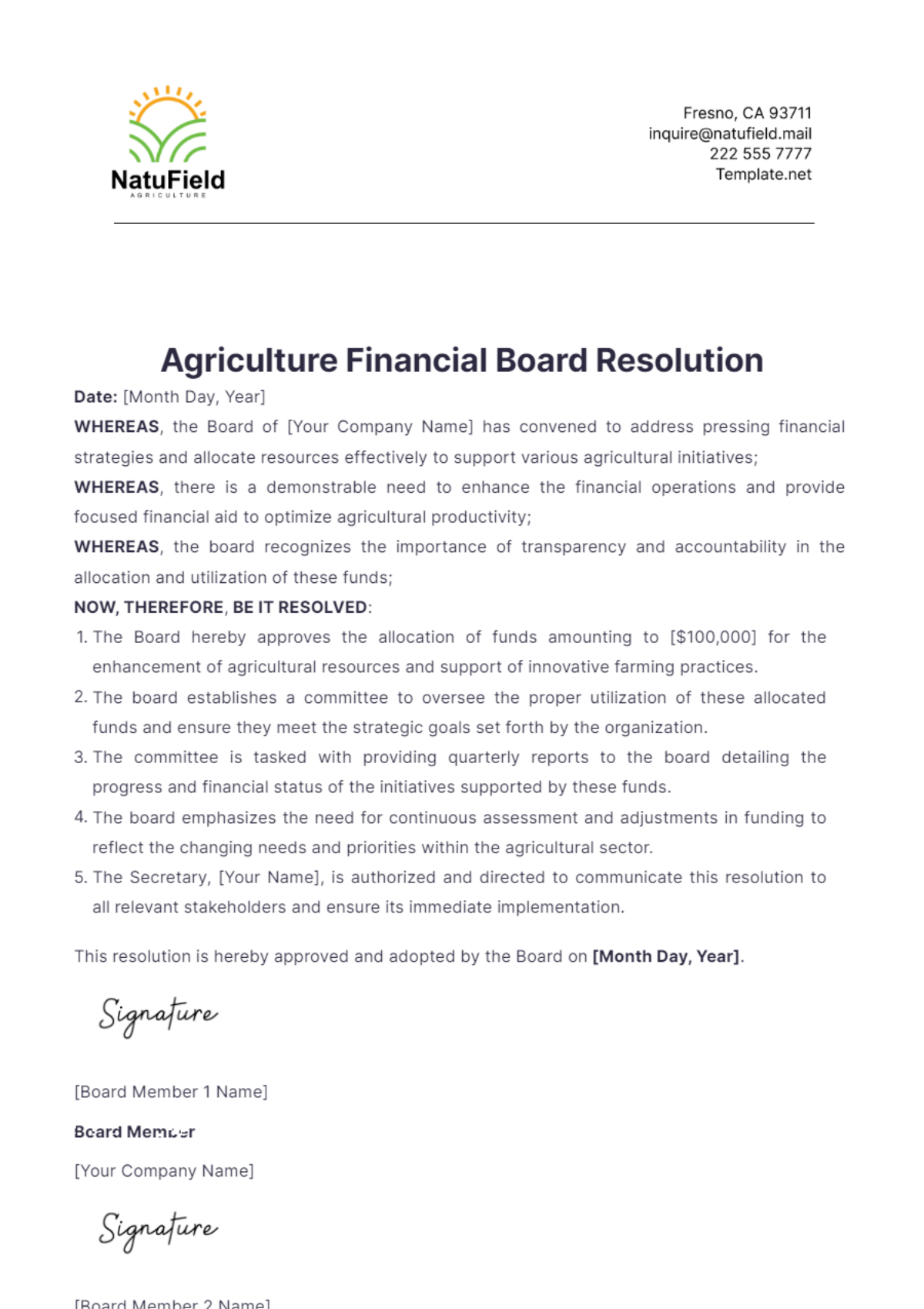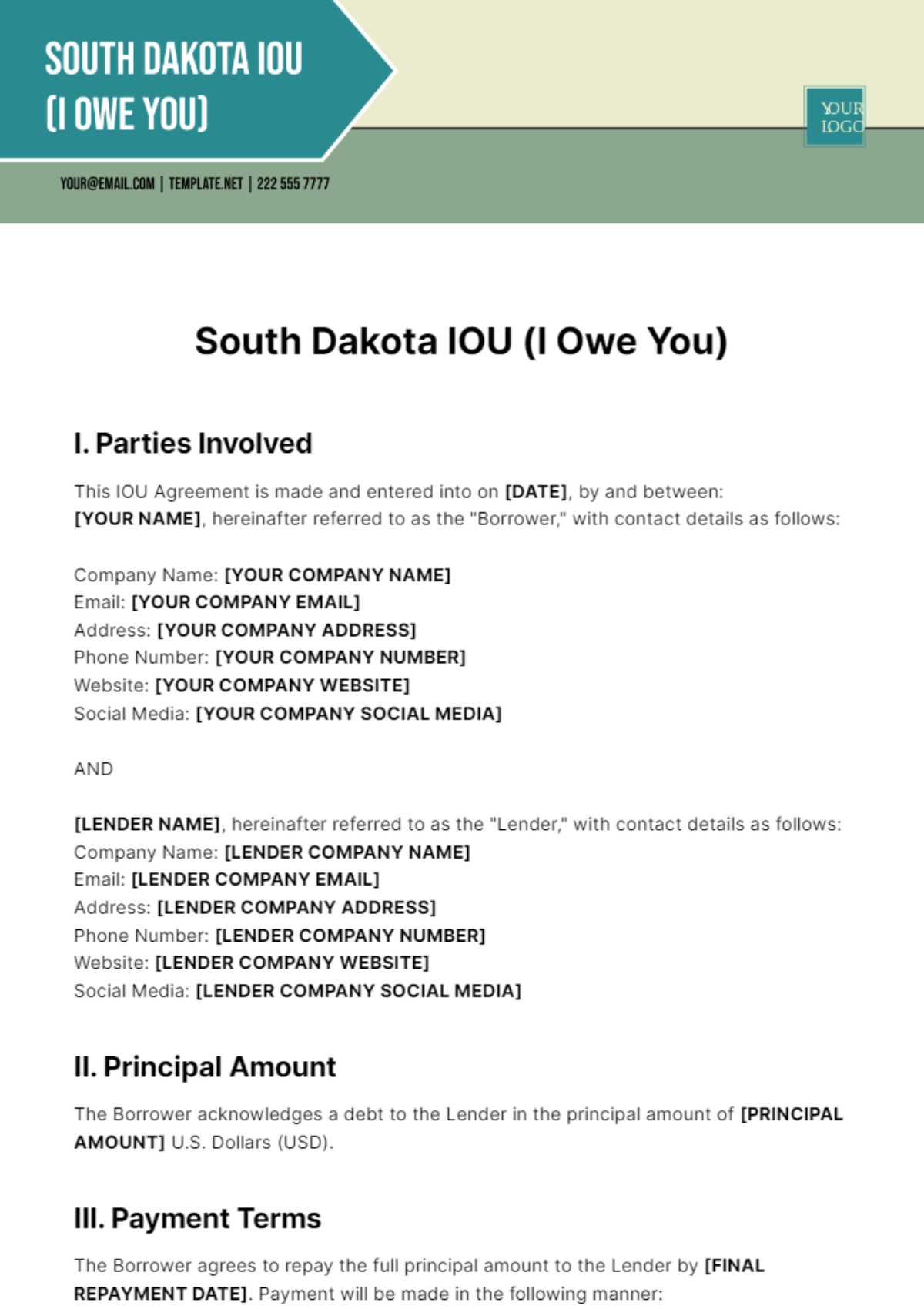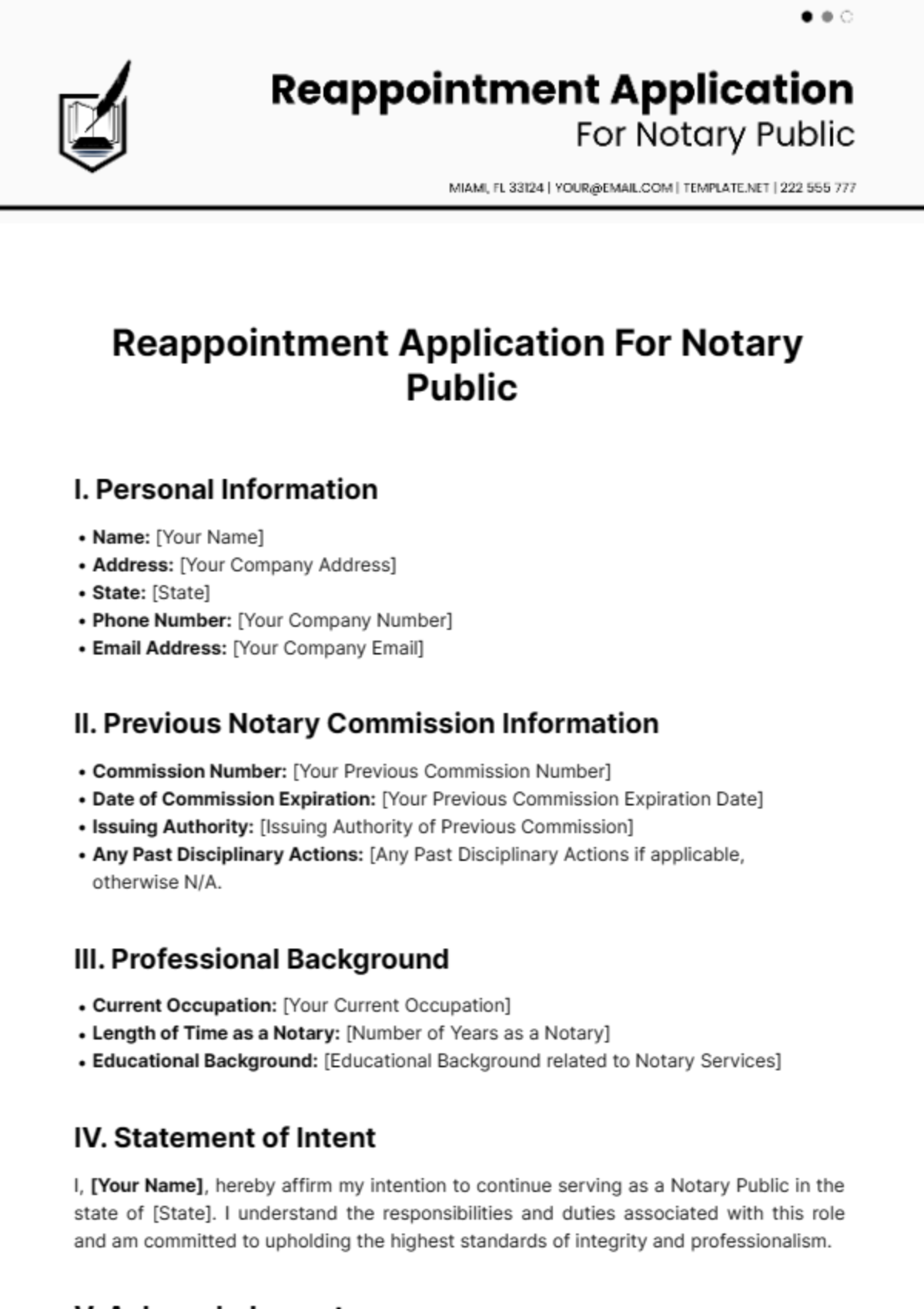Baker v. Carr Case Brief
I. Case Information
Case Title: Baker v. Carr
Court: United States Supreme Court
Date of Decision: March 26, 1962
II. Parties:
Charles W. Baker (Plaintiff)
v.
Joe C. Carr, et al. (Defendants)
III. Legal Issue:
Whether federal courts have jurisdiction to intervene in state legislative apportionment issues.
IV. Facts
In 1960, Charles W. Baker, a Tennessee voter, brought a lawsuit against Joe C. Carr, the Secretary of State of Tennessee, challenging the state's legislative districting.
Baker argued that the population disparities among districts resulted in unequal representation, violating the Equal Protection Clause of the Fourteenth Amendment.
The State of Tennessee argued that the issue of legislative apportionment was a "political question" beyond the jurisdiction of federal courts.
V. Legal Issues
The primary legal issue addressed by the Court was whether the redistricting challenge presented a justiciable question for federal courts to decide, or if it fell within the realm of political questions reserved for state legislatures.
VI. Arguments
Plaintiff's Argument: Baker contended that the population disparities in Tennessee's legislative districts diluted the voting power of urban residents, resulting in unequal representation and a violation of the Equal Protection Clause.
Defendant's Argument: The State of Tennessee argued that legislative apportionment was a political matter outside the purview of federal courts, and therefore not subject to judicial review.
VII. Decision
The Supreme Court, in a 6-2 decision, held that the case was justiciable, and federal courts had jurisdiction to intervene in state legislative apportionment issues.
The Court reasoned that the Equal Protection Clause guaranteed individuals the right to have their votes weighted equally and that disparities in population among districts violated this principle.
VIII. Impact
The Baker v. Carr decision established the principle of "one person, one vote," requiring that legislative districts be apportioned based on population to ensure equal representation.
This landmark ruling had far-reaching implications, leading to significant changes in electoral systems across the United States and bolstering the protection of voting rights.
IX. Conclusion
Baker v. Carr stands as a pivotal moment in American jurisprudence, affirming the role of federal courts in safeguarding voting rights and ensuring equal representation. By establishing the principle of "one person, one vote," the decision laid the foundation for fairer electoral processes and greater democratic participation.
For further inquiries or legal assistance regarding voting rights and redistricting issues, please contact [Your Name] at [Your Company Name] via email: [Your Company Email].


